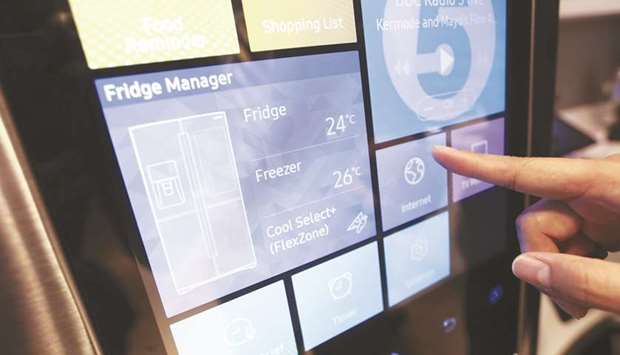The GCC (Gulf Cooperation Council) region is naturally in a good position to exploit the IoT (Internet of Things), given their investment focus in smart city, integrated transport and e-life initiatives, according to BMI.
“Investment in these initiatives will be indicative as, in the medium-to-long term, we expect the GCC countries to stay at the top of the (Middle East Telecom Risk/Reward) index, while countries that cannot allocate resources to development of IoT ecosystems will keep lagging behind,” said a report by BMI, a Fitch company.
The GCC countries continue to head the league table with Qatar ranking third in the Mena (Middle East and North Africa) region.Finding that despite saturation, the GCC countries remain the “most attractive” to industry players, BMI said it is in these markets that operators are developing advanced service portfolios, under the protection of bans on over-the-top messaging and voice services that are eroding operators’ revenues globally.
However, in the short-to-medium term, benefits of investment in IoT would not show in the data because the technologies that facilitate IoT ecosystems, like machine-to-machine connections, would seem to diminish average revenue per users until operators separate them from the low-value, mass-market voice and data figures they report.
The priority for the markets towards the middle of the ranking would be to develop value-added services (VAS) as a means for revenue growth, it said, adding mobile financial services are poised to be a widespread means of revenue diversification in most markets.
“In the Mena region, operators will be focusing on services for revenue growth, as they look to deepen relationships with customers, creating new revenue streams.
In the top markets, the focus will be on IoT ecosystems while the mid-tier markets are likely to focus on other VAS,” the report said.
Investments in fibre-to-the-home and streaming video content would also create revenue growth opportunities in the more developed sub-markets in the Mena region.
In these markets, “we expect e-commerce to keep drawing customers to mobile and wire-line broadband services”. On the enterprise side, as digital payment systems become more widely used, more small and medium businesses are likely to use operators’ VAS offerings, it added.

